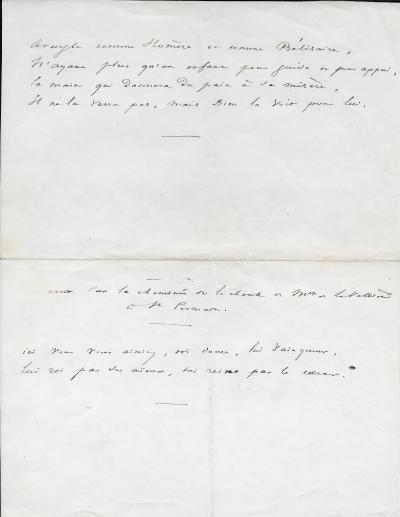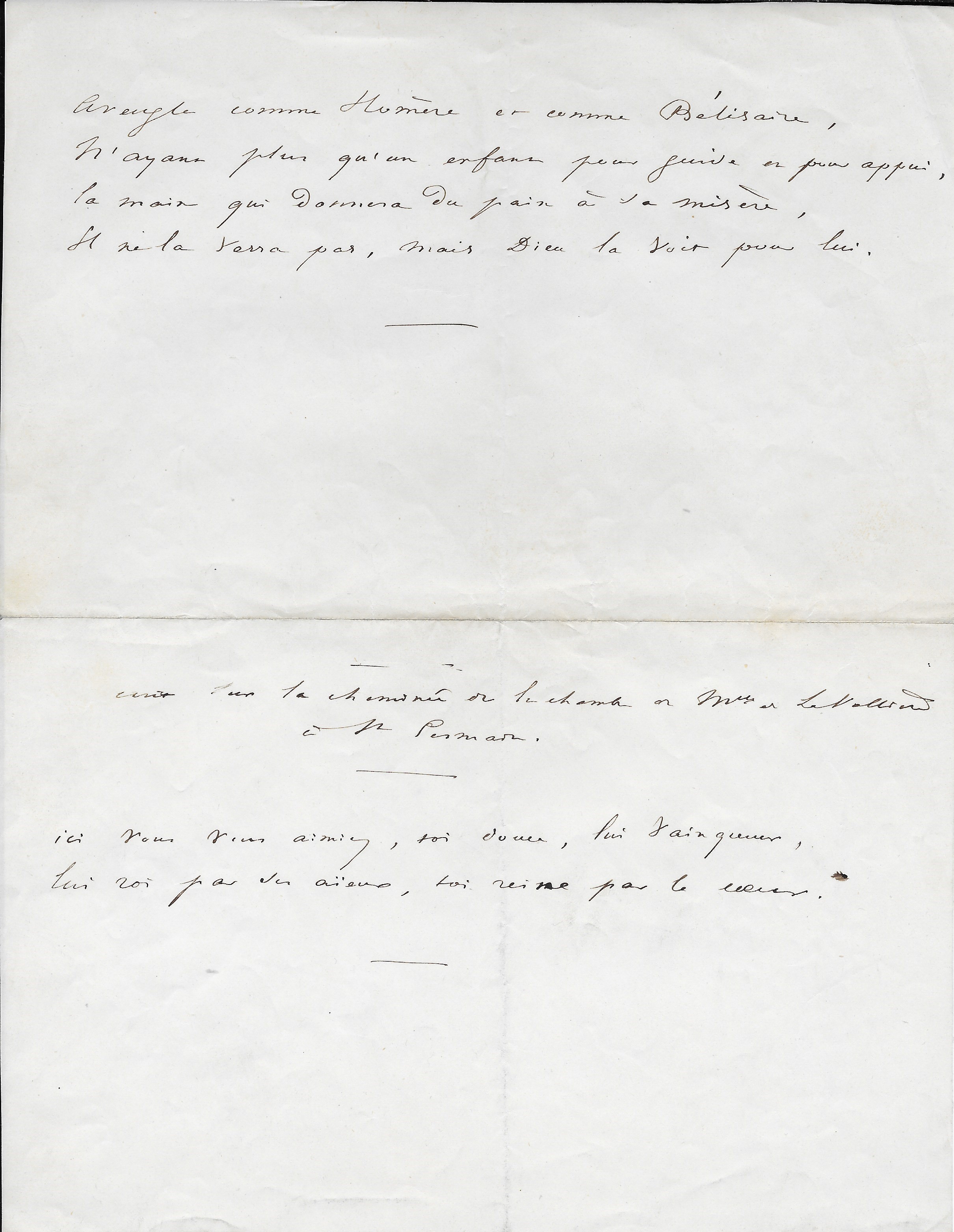Retour
Browse catalogue
-
-
- Alexander Calder(21)
- André Derain(87)
- Andy Warhol(29)
- Antoni Tapiès(15)
- Arman(18)
- Aurélie Nemours(1)
- Bengt Lindström(21)
- Bernard Buffet(157)
- César(9)
- Charles Eames(1)
- Charlotte Perriand(17)
- Claude Weisbuch(29)
- Corneille van Beverloo(15)
- Eduardo Chillida(18)
- François Morellet(1)
- Georges Braque(88)
- Gustav Klimt(8)
- Hans Bellmer(20)
- Hans Hartung lithograph(17)
- Henri Matisse(176)
- Hervé Télémaque(3)
- Jacques Villeglé(7)
- Jean Cocteau(213)
- Jean Hélion(12)
- Jean Miotte(12)
- Jean Picart Le Doux(6)
- Joan Miro(117)
- Karel Appel(1)
- Keith Haring(27)
- Ladislas Kijno(1)
- Léonard Tsugouharu Foujita(48)
- Leonor Fini(86)
- Louis Toffoli(14)
- Marc Chagall(344)
- Marie Laurencin(45)
- Maurice de Vlaminck(40)
- Maurice Utrillo(21)
- Max Ernst(38)
- Mimmo Rotella(4)
- Niki de Saint Phalle(5)
- Pablo Picasso(358)
- Peter Klasen(7)
- Philippe Pasqua(3)
- Pierre Alechinsky(21)
- Pierre Soulages lithographs(40)
- Pierre Tal-Coat(2)
- Pierre-Yves Trémois(38)
- Raoul Dufy(53)
- Robert Combas(6)
- Salvador Dali(453)
- Théo Tobiasse(4)
- Tony Soulié(13)
- Valério Adami(29)
- Yves Brayer(39)
- Zao Wou-Ki(13)
Top artists -
Retour
Browse catalogue
-
-
- Alexander Calder(21)
- André Derain(87)
- Andy Warhol(29)
- Antoni Tapiès(15)
- Arman(18)
- Aurélie Nemours(1)
- Bengt Lindström(21)
- Bernard Buffet(157)
- César(9)
- Charles Eames(1)
- Charlotte Perriand(17)
- Claude Weisbuch(29)
- Corneille van Beverloo(15)
- Eduardo Chillida(18)
- François Morellet(1)
- Georges Braque(88)
- Gustav Klimt(8)
- Hans Bellmer(20)
- Hans Hartung lithograph(17)
- Henri Matisse(176)
- Hervé Télémaque(3)
- Jacques Villeglé(7)
- Jean Cocteau(213)
- Jean Hélion(12)
- Jean Miotte(12)
- Jean Picart Le Doux(6)
- Joan Miro(117)
- Karel Appel(1)
- Keith Haring(27)
- Ladislas Kijno(1)
- Léonard Tsugouharu Foujita(48)
- Leonor Fini(86)
- Louis Toffoli(14)
- Marc Chagall(344)
- Marie Laurencin(45)
- Maurice de Vlaminck(40)
- Maurice Utrillo(21)
- Max Ernst(38)
- Mimmo Rotella(4)
- Niki de Saint Phalle(5)
- Pablo Picasso(358)
- Peter Klasen(7)
- Philippe Pasqua(3)
- Pierre Alechinsky(21)
- Pierre Soulages lithographs(40)
- Pierre Tal-Coat(2)
- Pierre-Yves Trémois(38)
- Raoul Dufy(53)
- Robert Combas(6)
- Salvador Dali(453)
- Théo Tobiasse(4)
- Tony Soulié(13)
- Valério Adami(29)
- Yves Brayer(39)
- Zao Wou-Ki(13)
Top artists -
Create My Account
Victor HUGO - Poem
Victor HUGO (1802 - 1885), French writer Autograph poem. Slnd; 1 pages in-4 °. Central fold Two short poems written on the same sheet. Quatrain writes as part of a public subscription in favor of Brigadier Dominique Millot, of the 8th cuirassier regiment, who has become blind: “Blind like Homer and like Belisarius, Having only one child for guide and support The hand that will give bread to its misery, He will not see it, but God sees it for him ” Victor Hugo refers here to Generalissimo Bélisaire, the last great defender of the Roman Empire in the 6th century, winner of the Vandals and Ostrogoths, under the reign of Justinian. Its end is equivocal, represented as a consul and a triumphant general, Duke of Mesopotamia, supreme leader of the imperial troops of the East. When others give it a sad end, like the philosopher Jean-François Marmontel imagining him blind, guided by a teenager, begging in the streets of Constantinople, and Jacques-Louis David painting him asking for alms . Below follows a pretty couplet which the poet introduces with this sentence: "written on the fireplace in Mme de La Vallière’s room at St Germain": "Here you loved each other, you sweet, him victorious, He king by his ancestors, you queen by heart ”
This description has been translated automatically. please click here Click here to display the original language FR
Victor HUGO (1802 - 1885), écrivain français
Poème autographe. S.l.n.d. ; 1 pages in-4°. Pliure centrale
Deux courts poèmes rédigés sur une même feuille.
Quatrain écrit dans le cadre d'une souscription publique en faveur du brigadier Dominique Millot, du 8ème régiment de cuirassiers, devenu aveugle :
« Aveugle comme Homère et comme Bélisaire,
N'ayant plus qu'un enfant pour guide et pour appui
La main qui donnera du pain à sa misère,
Il ne la verra pas, mais Dieu la voit pour lui »
Victor Hugo fait ici référence au généralissime Bélisaire, dernier grand défenseur de l'empire romain au VIème siècle, vainqueur des Vandales et des Ostrogoths, sous le règne de Justinien. Sa fin est
équivoque, représenté en consul et général triomphateur, duc de Mésopotamie, chef suprême des troupes impériales d'Orient. Quand d'autres lui donnent une triste fin, à l'instar du philosophe
Jean‑François Marmontel l'imaginant aveugle, guidé par un adolescent, mendiant dans les rues de Constantinople, et de Jacques-Louis David le peignant en demandant l'aumône.
Suit, au-dessous, un joli distique que le poète introduit par cette phrase : « écrit sur la cheminée de la chambre de Mme de La Vallière à St Germain » :
« Ici vous vous aimiez, toi douce, lui vainqueur,
Lui roi par ses aïeux, toi reine par le cœur »
Poème autographe. S.l.n.d. ; 1 pages in-4°. Pliure centrale
Deux courts poèmes rédigés sur une même feuille.
Quatrain écrit dans le cadre d'une souscription publique en faveur du brigadier Dominique Millot, du 8ème régiment de cuirassiers, devenu aveugle :
« Aveugle comme Homère et comme Bélisaire,
N'ayant plus qu'un enfant pour guide et pour appui
La main qui donnera du pain à sa misère,
Il ne la verra pas, mais Dieu la voit pour lui »
Victor Hugo fait ici référence au généralissime Bélisaire, dernier grand défenseur de l'empire romain au VIème siècle, vainqueur des Vandales et des Ostrogoths, sous le règne de Justinien. Sa fin est
équivoque, représenté en consul et général triomphateur, duc de Mésopotamie, chef suprême des troupes impériales d'Orient. Quand d'autres lui donnent une triste fin, à l'instar du philosophe
Jean‑François Marmontel l'imaginant aveugle, guidé par un adolescent, mendiant dans les rues de Constantinople, et de Jacques-Louis David le peignant en demandant l'aumône.
Suit, au-dessous, un joli distique que le poète introduit par cette phrase : « écrit sur la cheminée de la chambre de Mme de La Vallière à St Germain » :
« Ici vous vous aimiez, toi douce, lui vainqueur,
Lui roi par ses aïeux, toi reine par le cœur »
This item is sold by a professional art dealer who guaranties its authenticity. This item is used (second-hand)
Available till :
December 29, 2025
Price :
2500 € Incl. VAT
Premium and Taxes included
Hotline
Please contact us for any question regarding this object. For any other inquiry, we invite you to fill the contact form.
Other items from the category « Autographs »
Ask a question



